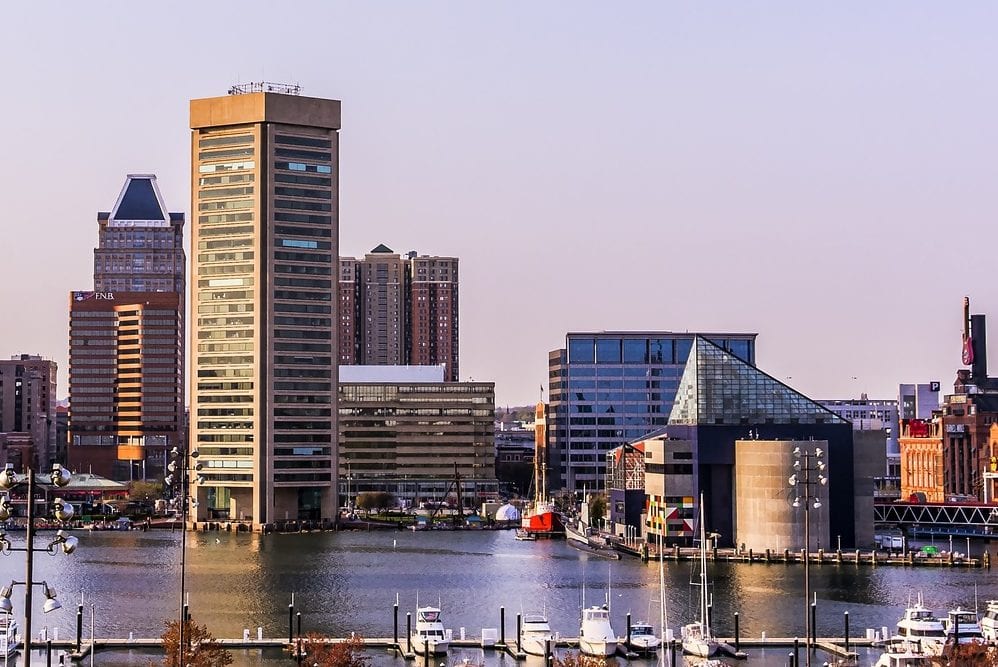Baltimore city council voted 10 – 3 to issue final approval a bill limiting short-term rentals to primary residences. One additional dwelling unit per owner may be grandfathered under the new limitations only if it was purchased by December 31 and has successfully executed a booking transaction by the same date. Both will require licenses to operate.
The bill also includes the requirement that short-term rental operators and hosting platforms collect and remit the hotel room tax of 9.5 percent, which goes into effect on December 31, 2018.
All other license requirements will take effect on December 31, 2019. Licenses will cost $200 every two years and require that operators post their license numbers in advertisements, provide emergency contacts to guests, and other rules.
Hosting platforms must verify hosts have valid licenses before listing their properties on the platform and display the license numbers in listings.
Rachel Indek, owner of Bmore At Home Properties and founding member of the Baltimore Hosts Coalition, posted in the organization’s Facebook group after the vote, “It’s over… For now! We lost! It was a good run. We shall recoup and figure out our next step.”
“It’s disappointing that city council would pass legally unsound regulations that negatively impact Baltimore City residents,” an Airbnb representative said in a statement. “Home sharing is a financial lifeline that helps families pay their rent, mortgage, and other bills. This law will only take money out of the community and help hotel executives further take advantage of the city.”
Baltimore’s department of finance estimated that the primary plus one license limit would reduce short-term rentals in the city from 2,105 to 1,478 and that those remaining could generate between $587,000 and $1.01 million annually in hotel room tax revenue.
Council members Bill Henry, Zeke Cohen, and Isaac “Yitzy” Schleifer voted against the bill, and Shannon Sneed and Mary Pat Clarke abstained.


